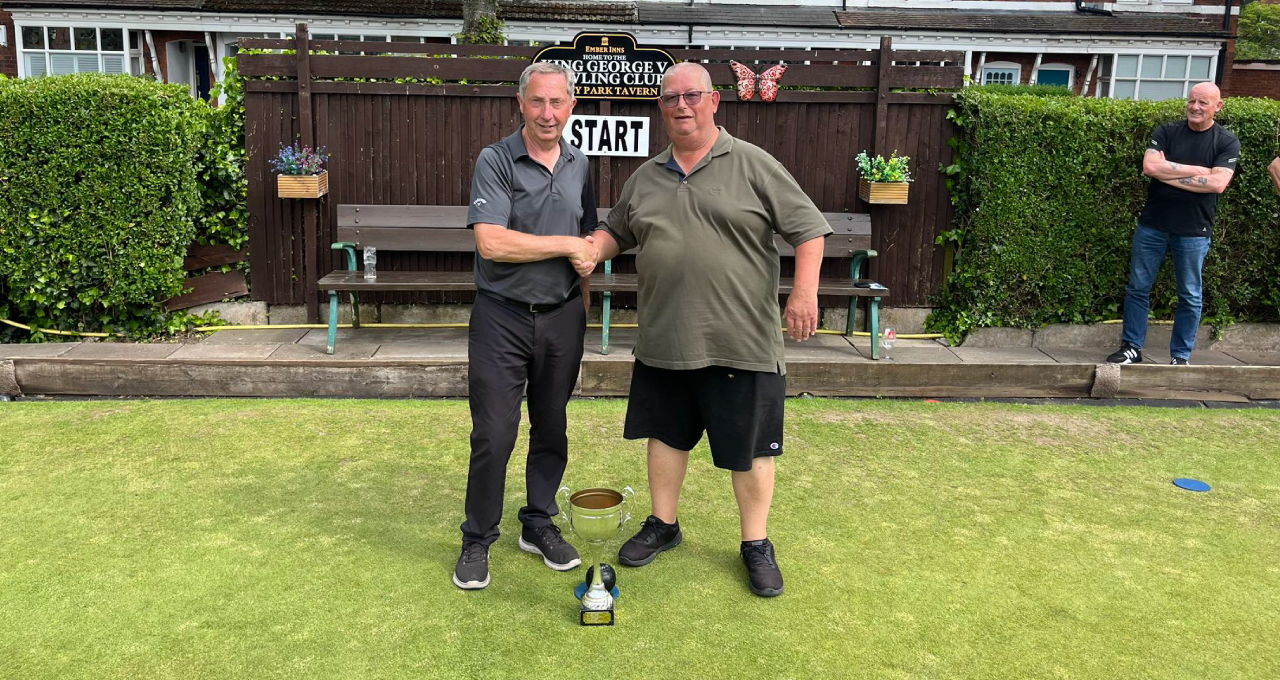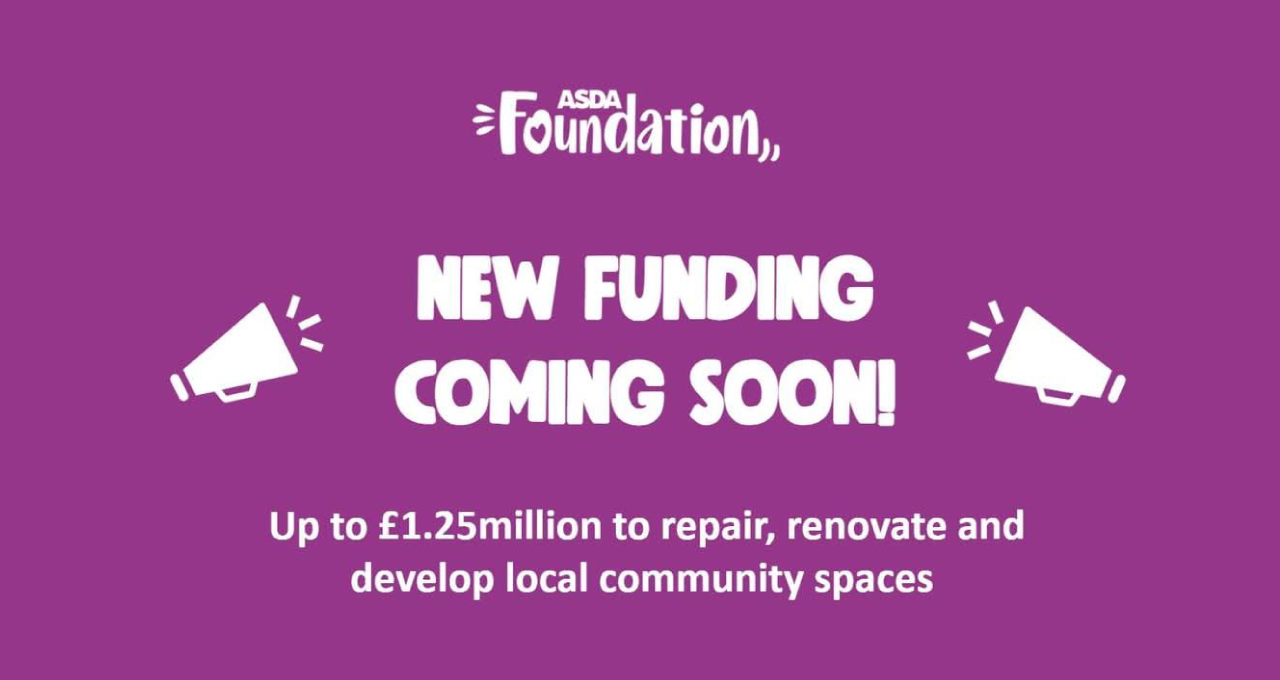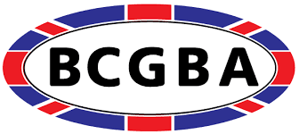Safeguarding Bulletin
JUNE 2024


This month's focus… Banter vs Bullying
What is Banter?
Banter is teasing or joking that is amusing and friendly between people where there is no power imbalance. Most importantly it is an exchange and not one way – each giving and taking an equal share of the teasing. It is neither designed to nor has the effect of shaming, upsetting, belittling, offending or otherwise making anyone hearing it uncomfortable.
What is Bullying?
Bullying is repeated behaviour that causes physical or emotional harm whether intended or not. It can be offensive, insulting, humiliating, abusive, intimidating or malicious. Bullying doesn’t require intent, what is important is the impact it has on the person being bullied.
When does banter cross the line?
In a group situation, if someone seems to get teased more than others, or is the repeated target of a joke, then it’s not banter anymore. That person is being singled out. Often people will not be confident enough to stand up for themselves if they are hurt by something. They don’t want to be considered someone who can’t take a joke, so they will often laugh along to not draw attention to themselves. This means everyone is still under the illusion that this is banter, not bullying, and it will only be reinforced! Don’t be a bystander – if you suspect some banter has become offensive to anyone involved, don’t laugh. Even better – call it out! Just because someone calls it banter, it doesn’t mean it is banter!
Antibullying Resources

Free CPD online training
We've developed free CPD-certified anti-bullying online training for anyone who works with children and young people.
https://anti-bullyingalliance.org.uk/tools-information/free-cpd-online-training
Search results for "bullying"
As a leading authority in safeguarding adults, we want to live in a world where people live safely, free from the risk of abuse.













